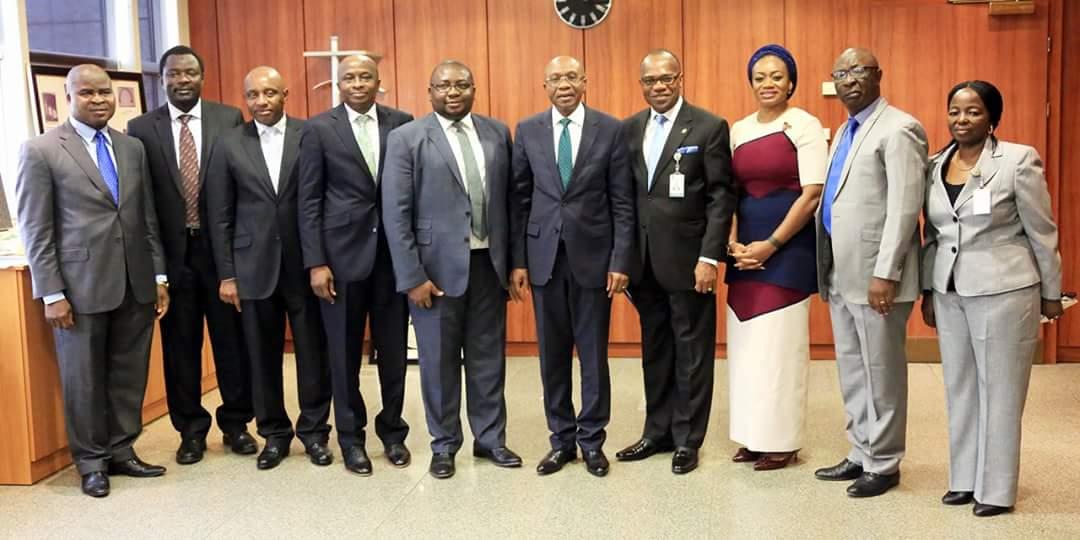Unmeetable conditions, throat-cutting interest rates deny MFBs intervention funds—Ekete
Fresh facts have emerged as to what had been frustrating the ability of Micro Finance Banks (MFBs) from accessing several interventions funds brought to the market by Central Bank of Nigeria (CBN), Bank of Industry (BoI), Development Bank of Nigeria (DBN), and other providers of such funds
In an interview with the Managing Director of an Enugu based MFB, Umuchinemere Pro-Credit Micro Finance Bank (UPMFB), Mrs. Nnenna Ekete, she averred that “MfBs are not accessing the intervention funds due to two major reasons: First is the stringent eligibility criterion by the CBN, Bank of Industry, BOI and other providers of the funds”.
According to her, “The conditions make the funds impossible to be accessed. A good example is the N220 billion micro small and medium enterprises development MSMED Fund. Second reason is that some of the intervention funds are expensive. When you consider the interest rate, you begin to consider using internal funds rather than access the funds.
Continuing, Mrs Ekete gave an example saying “the CBN Housing Microfinance Scheme which is currently being offered to participating MfBs at 18 per cent (that is, Treasury bill rate plus two per cent) per annum for on lending. This rate is too high, considering the cost of doing business in Nigeria, the cost of monitoring and recovering of the loans”.
She argued further that the criteria for accessing some of the funds are too stringent, making the funds impossible to be accessed. It will be good if the fund providers can review the conditions for accessing them, otherwise the purpose of the funds will be defeated.
On her views pertaining the planned recapitalization of MFBs to shore up their capital base and aggregate performance, UPMFB boss averred that “I totally agree that Central Bank of Nigeria, CBN, should increase the capital requirement of MfBs in Nigeria. They collect deposits from the public and use this fund to do business. One of the best ways to protect the uninformed depositors is to ensure that each deposit taking institution is adequately capitalized. As it stands now, there are many microfinance banks in Nigeria that are poorly capitalized. As a result of this, some of them don’t render monthly returns to CBN.
“Some don’t hold annual general meetings, while others are struggling with high portfolio at risk (PAR). The danger is that if these MfBs are allowed to crash, it will send wrong signals to the public on the activities of the sub-sector. In view of this, it is safer to raise the bar through increase in capital requirement so as to protect the depositors and also the sector from crises. Increasing the capital requirement will force some of the poorly funded MfBs to merge and form a formidable institution that can stand the test of time. Therefore, the move by the CBN to raise the bar is a move in the right direction,” Ekete summed.









